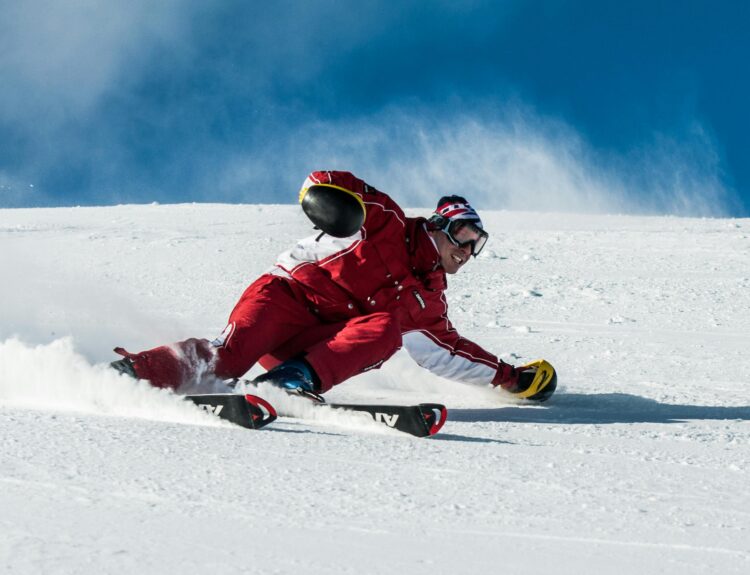DUI checkpoints are more common than many people realize. Whether you’re driving home after dinner or heading back from a weekend trip, you might suddenly see flashing lights and a line of cars ahead. These checkpoints are legal, and their main goal is to stop impaired drivers. But even if you haven’t been drinking, how you behave during one can make a big difference.
It’s easy to make mistakes when you’re nervous or caught off guard. That’s why understanding how to handle these situations is so important. A legal checkpoint guide can help you avoid the common errors that could lead to trouble—even if you did nothing wrong. Knowing your rights and staying calm can make all the difference.
Contents
Panicking or Trying to Turn Around
One of the biggest mistakes drivers make is attempting to avoid the checkpoint. If you make a sudden U-turn or turn onto a side street, officers may notice and follow you. This behavior raises suspicion, and they might stop you anyway.
Instead, stay calm and move forward. If you’re not doing anything illegal, there’s no reason to panic. Trying to escape usually causes more problems than it solves.
Not Having Documents Ready
When you reach the front of the line, the officer will likely ask for your license, registration, and proof of insurance. Fumbling around or taking too long can make things look suspicious, even if you’re just nervous.
To avoid this, keep your documents in an easy-to-reach spot. That way, you’re ready when asked and can move through the checkpoint quickly and calmly.
Talking Too Much or Being Rude
You are required to provide identification and basic information, but you don’t have to explain where you’ve been or what you’ve been doing. Some people talk too much because they’re nervous, while others get defensive or angry.
Keep your answers short and polite. You can say, “I prefer not to answer,” if asked questions beyond the basics. Being respectful can help avoid unnecessary tension or suspicion.
Admitting to Drinking Without Being Asked
One common mistake is volunteering information, like saying, “I only had one drink.” While it might seem harmless, this type of statement can be used against you. It gives the officer a reason to investigate further.
Unless you’re directly asked, there’s no need to offer extra details. And even if you are asked, you have the right to remain silent. Use that right wisely.
Refusing a Breath Test Without Knowing the Rules
Refusing a breath test might sound like a good idea, but in many states, that decision has automatic penalties. In some places, refusing can lead to a suspended license, even if you’re not convicted of DUI.
Before you say no, understand the laws in your state. If you’re unsure, it’s better to calmly ask if you are legally required to take the test. A lawyer can later help you handle the results—or the refusal—if needed.
Arguing or Filming in an Aggressive Way
You do have the right to film a DUI checkpoint. But waving your phone around or acting aggressive can escalate the situation. Officers are trained to spot signs of impairment or hostility.
If you choose to record, do it quietly and respectfully. Your goal should be to stay safe, not to challenge the officers on the spot.
Conclusion
DUI checkpoints can be nerve-wracking, even if you haven’t had a drop to drink. But staying calm and knowing what to do can make the experience smooth and simple.
Avoid panicking, be polite, and know your rights. Keep your documents ready, and don’t volunteer too much information. Remember, how you act during those few minutes matters more than most people realize. Following the right steps helps protect your rights and keeps you moving forward without trouble.




